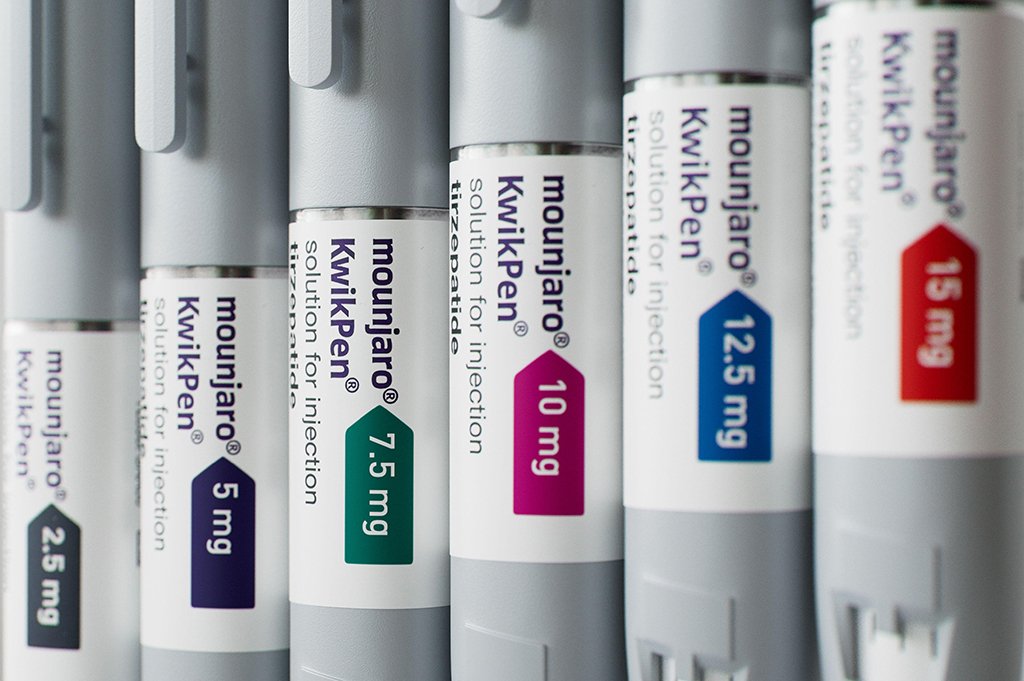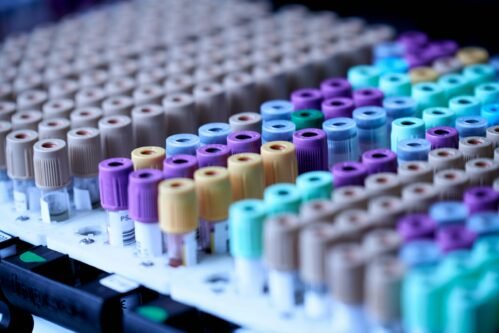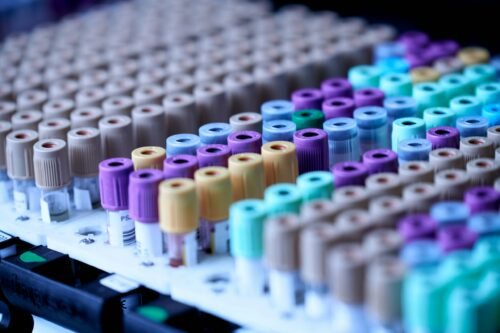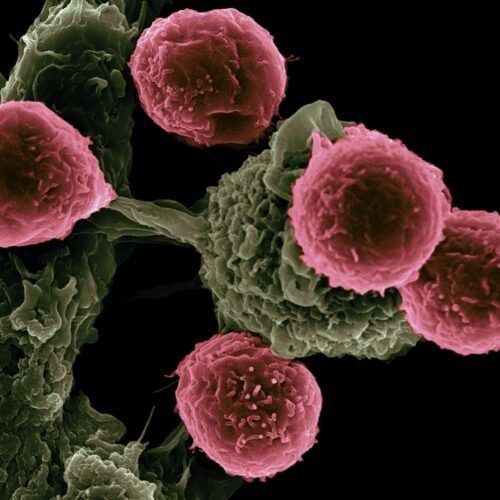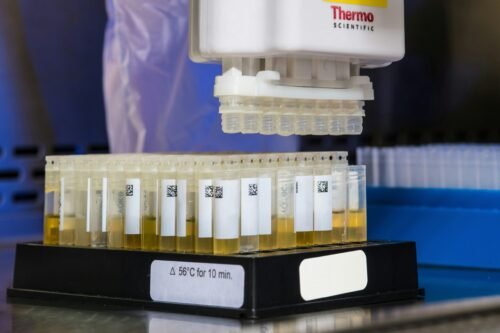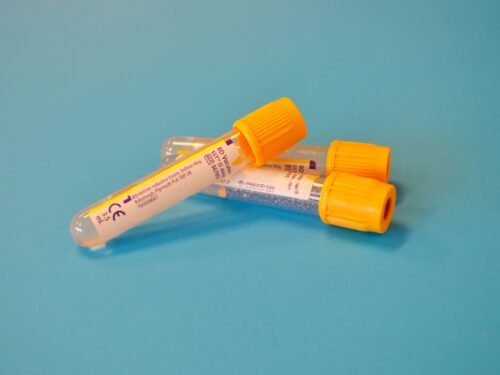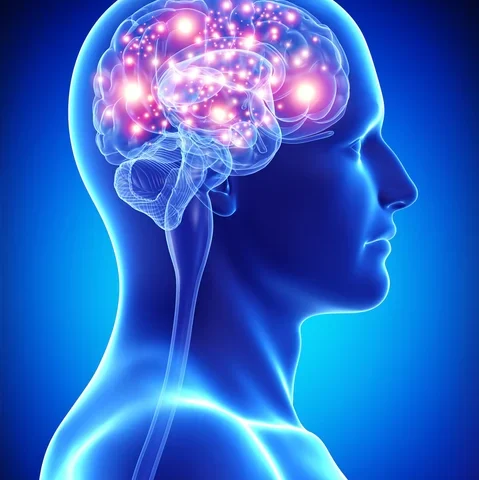
What is Chelation?
May 18, 2025
High Dose Vitamin C: Your Ultimate Immune System Boost!
May 18, 2025What is Cerebrolysin?
Cerebrolysin is a specialized nootropic and neuroprotective drug composed of a mixture of peptides and amino acids derived from porcine brain tissue. It is used in the treatment of various neurological conditions and is known for its ability to enhance brain function, improve cognitive abilities, and protect brain cells from damage. Cerebrolysin has been studied for its potential benefits in treating conditions like Alzheimer’s disease, stroke recovery, traumatic brain injury, and other cognitive disorders.
How Does Cerebrolysin Work?
Cerebrolysin works by promoting the growth and repair of nerve cells in the brain. Its unique blend of peptides and amino acids mimics the action of growth factors and neurotrophic proteins that support brain cell function, repair, and survival. This helps to:
- Stimulate Brain Cell Regeneration: Encourages the growth and regeneration of nerve cells and neural networks, supporting cognitive function and memory.
- Enhance Neuroplasticity: Supports the brain's ability to reorganize itself by forming new neural connections, critical for recovery after brain injury or in neurodegenerative diseases.
- Increase Energy Metabolism in Brain Cells: Improves mitochondrial function in neurons, increasing energy production and optimizing cognitive performance.
- Neuroprotective Effects: Protects the brain from oxidative stress, inflammation, and excitotoxicity, all of which contribute to cognitive decline.
Health Benefits of Cerebrolysin
- Cognitive Enhancement: Improves memory, attention, and learning abilities by enhancing brain cell function and neuron communication.
- Alzheimer’s Disease and Dementia Treatment: Shown to slow cognitive decline and improve daily functioning in patients with neurodegenerative conditions.
- Stroke Recovery: Supports neuronal repair and brain tissue regeneration, accelerating cognitive and motor function recovery post-stroke.
- Traumatic Brain Injury (TBI): Reduces neuronal damage, stimulates brain cell repair, and enhances cognitive recovery after trauma.
- Neurodegenerative Diseases: May help in conditions like Parkinson’s and multiple sclerosis by improving symptoms and protecting brain function.
How is Cerebrolysin Administered?
Cerebrolysin is typically administered via injection, either intramuscularly or intravenously, under professional medical supervision. The dosage and duration depend on the condition being treated, as well as the patient’s age and overall health. A typical regimen may involve daily injections over a specific period, followed by maintenance doses.
Safety and Side Effects
Cerebrolysin is generally well-tolerated when used properly. Possible side effects include:
- Injection Site Reactions: Pain, redness, or swelling.
- Mild Headaches: Common during initial treatment.
- Gastrointestinal Disturbances: Such as nausea or digestive upset.
- Allergic Reactions: Rare, but may include rash or itching.
Cerebrolysin should not be used in patients with known hypersensitivity to its components or those with acute kidney failure. Always consult a healthcare professional before beginning treatment.
Conclusion
Cerebrolysin is a promising therapy for neurological conditions such as Alzheimer’s, stroke recovery, and brain injuries. By promoting neuronal repair and protecting brain cells, it may improve cognitive function and overall quality of life. As with all medical treatments, consult a healthcare provider for personalized advice and safe usage.
Learn more: www.cerebrolysin.com




